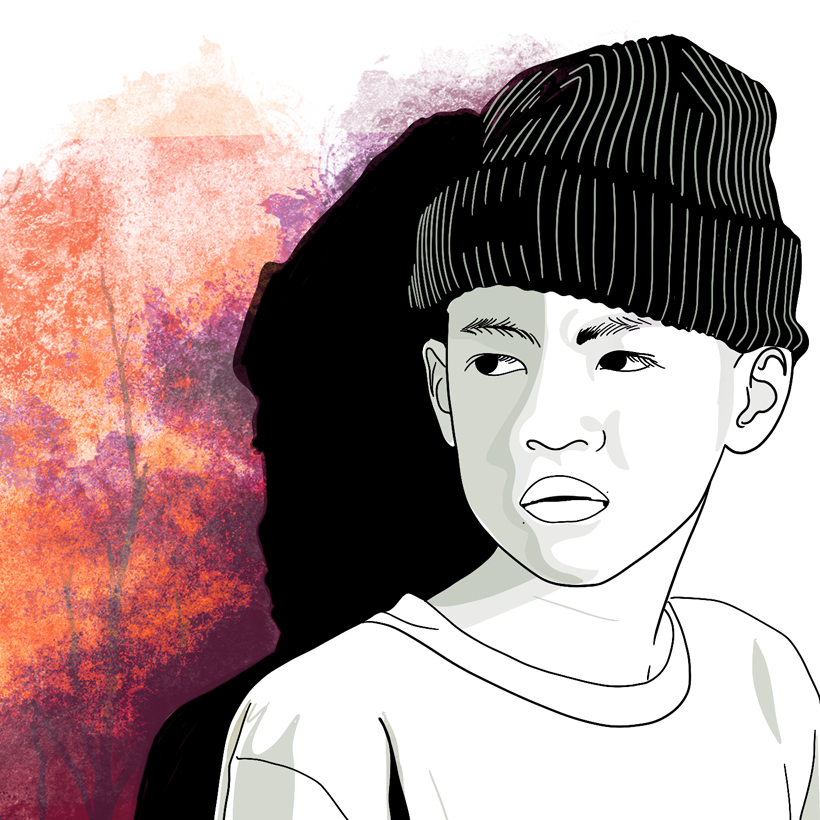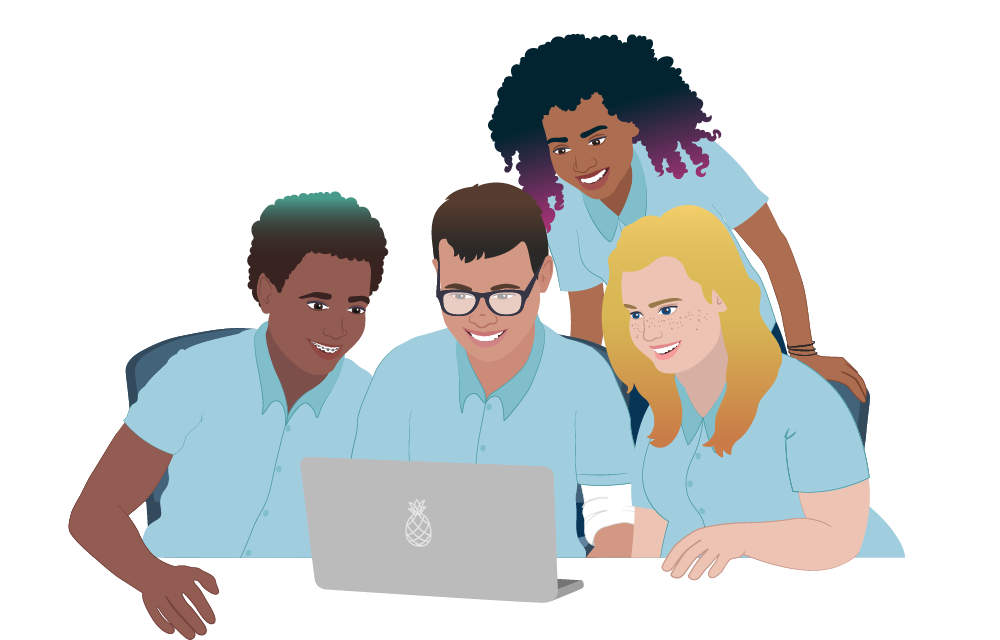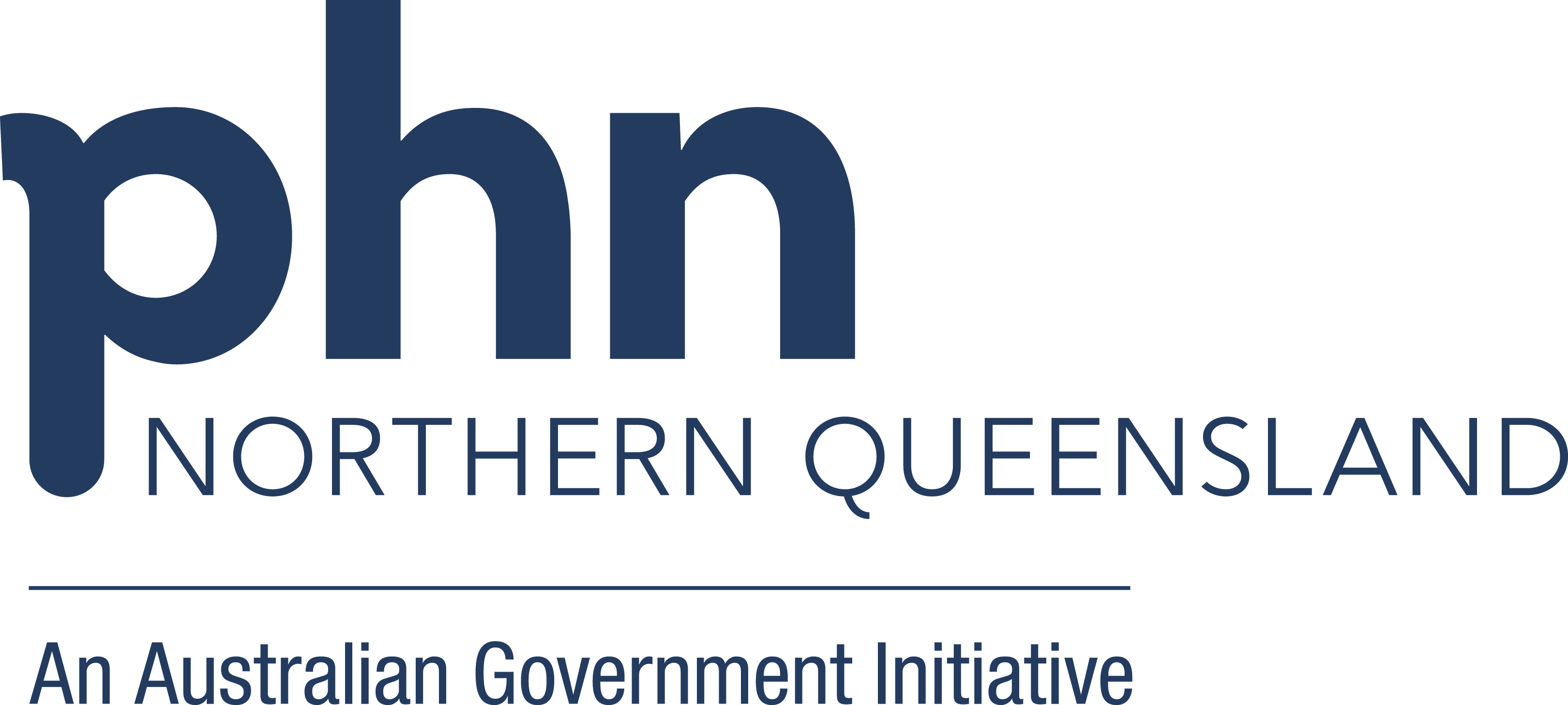If someone's life is at risk, or it's an emergency, please call 000!
Your guide to dealing with natural disasters
Artwork: Community of Colours by Beck Field, 2021
Cyclones, storms, floods, bushfires, droughts and more...
Australia experiences various kinds of natural disasters - and there are many services in Australia that provide great information, guidance and support around preparing for a disaster, staying safe during a disaster, and recovering after a disaster.
Whether you're stressed about the possibility of a future disaster, going through a one-off natural disaster, going through your annual wet season, or rebuilding life after a disaster, this info and resources can help:
- Before a disaster - being prepared
- During a disaster - emergency contacts, staying safe and coping
- Immediately after - normal thoughts, feelings and behaviours
- Coping strategies - things that can help you 'bounce back' (be resilient) and improve your mental health
- Mental health warning signs - when to get support if you're struggling to cope
- Helpful mental health resources - how to deal with anxiety, depression, trauma and helpful coping strategies

Australia has services that work hard to prevent disasters, respond to them quickly to prevent them getting worse, emergency information systems to keep you informed about how to stay safe, and services that can help during and after a disaster.
You won't always know in advance if a disaster is about to happen. But, if you think that a natural disaster is headed your way, here are some things that can help:
- Always follow the guidance of the professionals who are acting to keep you safe
- Take action to prepare - check out the Red Cross for resources and this Emergency Preparedness Guide for things to do
- Talk to parents, guardians, or teachers about your worries and fears
- Stay informed by reading news online or listening to local radio; the Bureau of Meterology will keep you informed about weather events
- Gather any personal belongings and pack a bag in case you need to leave quickly
- Keep pets in a secure room or fenced area so they are safe
- Stay close to parents, family, friends – avoid going places by yourself
- Do things to create a 'sense of safety', e.g. take some calming breaths, listen to music, etc.
- Remind yourself that help and support is always available
Dealing with a natural disaster - as it's happening
Natural disasters are incredibly stressful. Sometimes, you're so busy doing things to stay safe - stuff like packing bags, evacuating, caring for and supporting others, etc., that you don't really have time to stop and think until it's all over.
But, some disasters can happen more slowly. You can manage your anxiety by taking care of yourself and others. It can also be helpful to focus on practical things you can do to help, such as looking after younger siblings or pets.
Emergency services
The safety of you and the people you care about is the most important thing. Please contact these Australia-wide services for help in an emergency or disaster.
- Police/Fire/Ambulance: 000
- State Emergency Service (SES) assistance in floods and storms: 132 500
- State Emergency Services (SES) assistance in floods and storms in your state or territory
- If you are deaf, hard of hearing or have a speech impairment, Deaf Emergency Information can help, and you can also contact services using the National Relay Service
- If you don't speak English, call the Translating and Interpreting Service (TIS) National on 131 450
- The Red Cross - Register, Find, Reunite service helps find and reunite family and friends after an emergy
There may also be local groups or services in your community who can help.
How can I expect to feel after a natural disaster?
Physical – you may have injuries due to the natural event. Some people have to evacuate or are 'displaced' and need support to meet their basic needs (like food, water and shelter) and may experience financial stress or hardship
Spiritual – questioning your beliefs, faith, or asking a higher power for help; on the otherhand, some people also experience a deepening of their beliefs and faither after a disaster, and a sense of purpose
Body symptoms – stress-related headaches or stomach pains; some people might also experience excitement due to adrenaline/crisis (which is also a totally normal response)
Social – changes to friendships, relationship troubles with family or siblings; many people also report an increased sense of connection to community after a disaster
Emotional – feelings such as grief, fear, anxiety, sadness, guilt or depression; you may also experience other feelings, too, like curiosity, gratitude, love and relief
Thought/mind – repetitive thoughts, nightmares, or trouble concentrating; thoughts aren't always negative, with people after a disaster sometimes reporting that they feel emotionally stronger, and like they are more resilient/able to cope with issues in the future
Ways to deal/cope with a natural disaster
There are also practical things you can do to help return to 'normal' (or the 'new normal' if things have changed). Getting back to your old routine, or starting a new one can also help to create a 'sense of safety' as things feel a bit more in-control and predictable.
And don't forget to self-care as much as you can - sleep, rest, exercise and looking after your bodies other basic needs (drinking water, eating nutritious food, etc.) all affect your wellbeing.
It's also important to draw on any of the supports and coping strategies you had before the disaster happened. For example, spending time with friends, or doing things you enjoy.
A lot of people find it really helpful to take part in the recovery effort in different ways, and this is a great way for communities to connect, come together and build resilience.
- Being withdrawn or avoiding others
- Increased use of drugs and alcohol
- Wanting to hurt yourself or others
- Finding it hard to focus and concentrate
- Constantly feeling scared, unsafe, or worried
- Feeling very sad or hopeless most of the time
- Not being able to talk about it or bottling things up
- When two months have passed and you feel the same/worse
"The floods taught me I was stronger than I thought I was. Even though it was bad, the way the whole community came together was really nice."
-Anonymous Year 10 student
If you're struggling with mental health issues like anxiety, depression, post traumatic stress disorder, these resources will help improve your wellbeing.
- Post traumatic stress disorder (PTSD) - many people who experience a natural disaster don't go on to develop PTSD - but some people might. If you're feeling anxious, depressed and having other symptoms, like upsetting memories, flashbacks, or nightmares, our 'dealing with trauma' page can help.
- Anxiety - stressed, worried or struggling to cope? Check out our anxiety page for ways to manage anxiety and great coping strategies.
- Depression - our guide to depression will help if you're feeling flat or down.
- Family conflict, abuse and safety - you have a right to be safe. If someone is harming you, our safety guide can help.
- Climate change plays a role in natural disasters, and young people tell us this is big concern for them. Our guide to eco-anxiety can help.
- Common fears - you asked, we answered! Check out 'What if things don't go back to normal?' and 'I'm not ready to go back to normal' for more info and strategies.
Want to share your experiences with other young people who are going through challenges ✨just like you✨?
Join My Circle - the free, private, safe and confidential social platform for 12-25 year olds. Share your thoughts, get helpful info, and lots more.

Check these out too:
How to manage anxiety
Anxiety can feel overwhelming, but there are some simple steps you can ...
READ MEDealing with trauma
Let’s explore some different kinds of traumas and how people can ...
READ MECoping strategies
If you are feeling stressed, anxious or just struggling to deal, there ...
READ MECoping strategies: As told by you!
We hand the mic over to you to share the coping strategies ...
READ ME
High school sessions
Kids Helpline @ High School also offers free mental health sessions on a variety of topics to high schools in Central, North and Far North QLD.


Talking helps! We’re here for you.
No problem is too big or too small.
We're here 24 hours a day, 7 days a week





